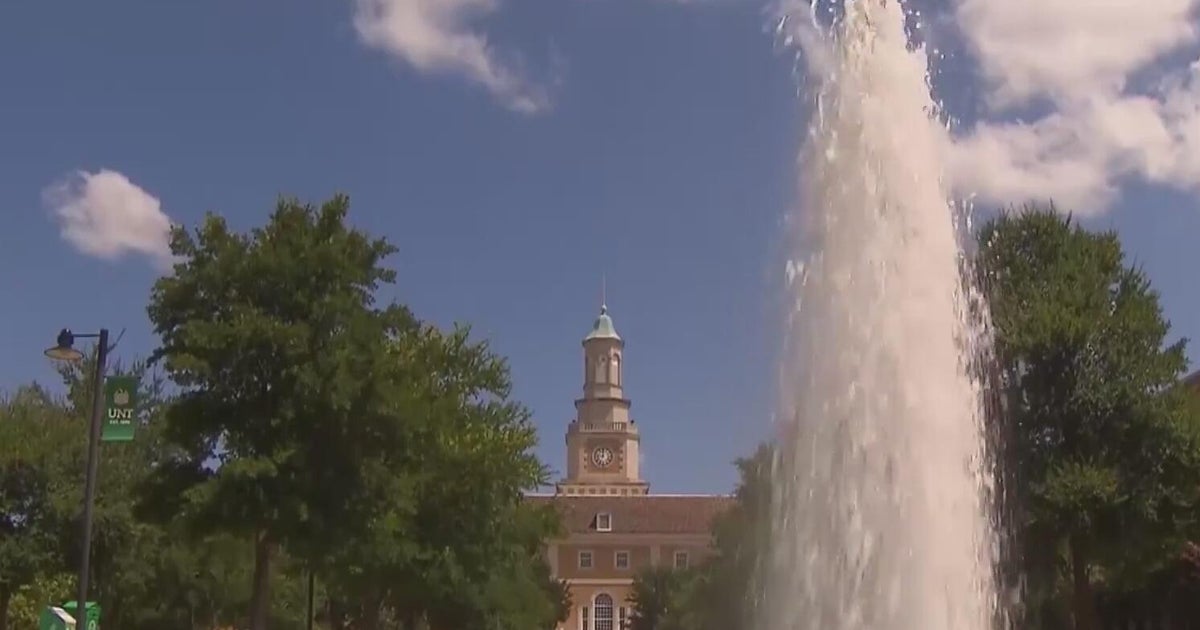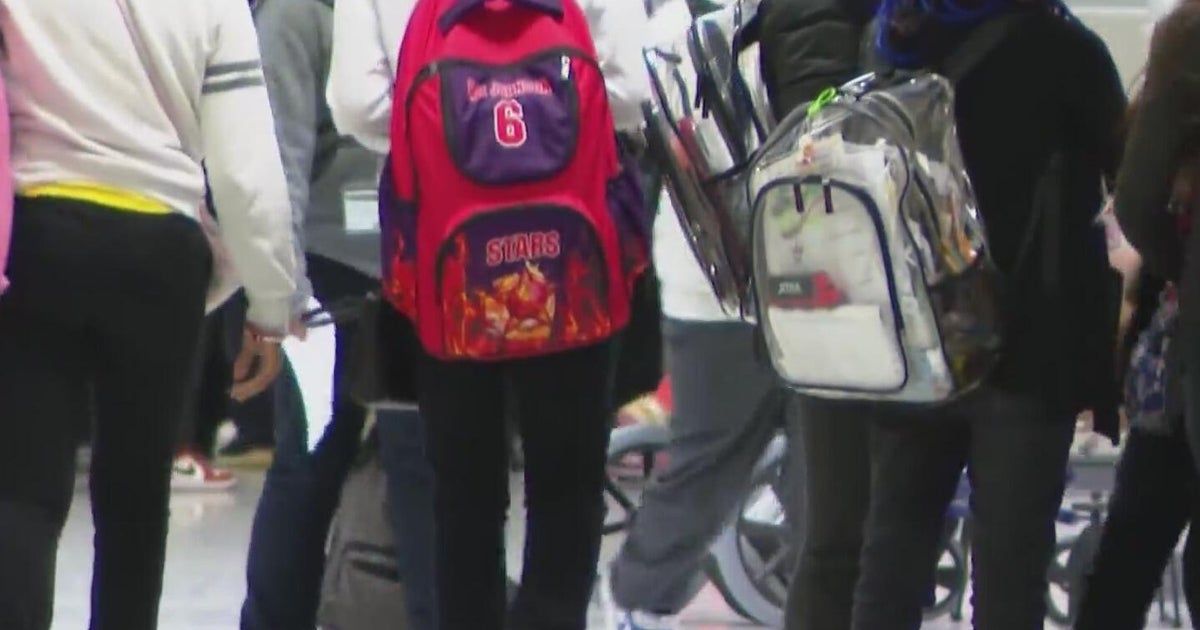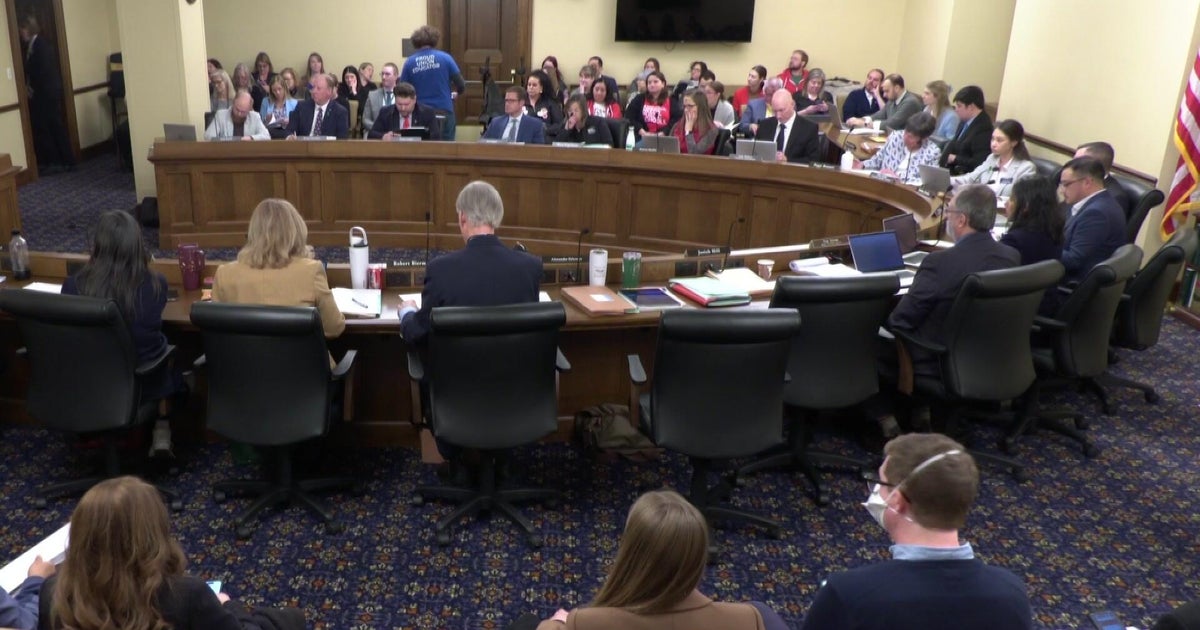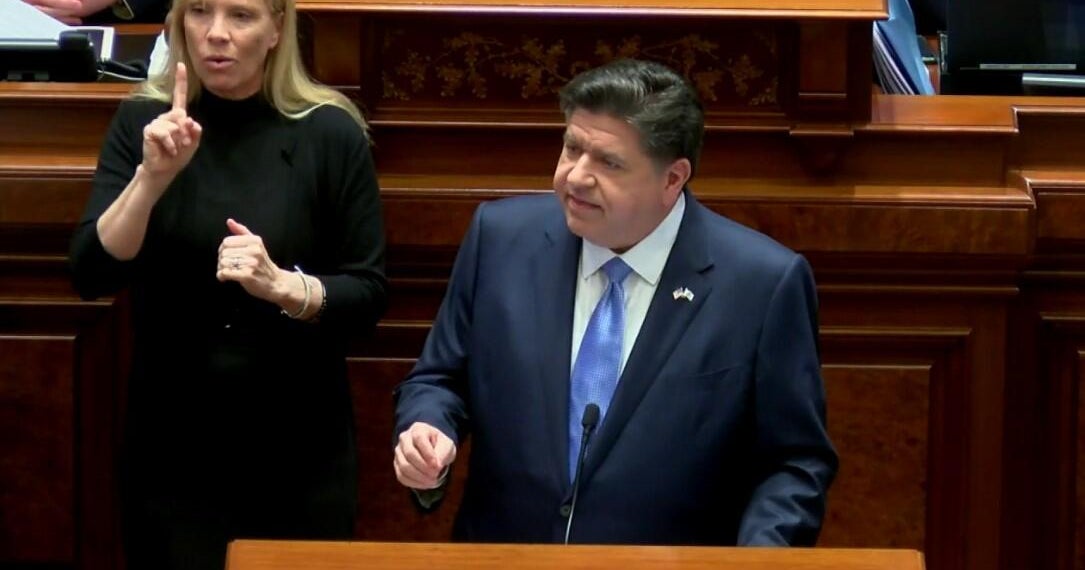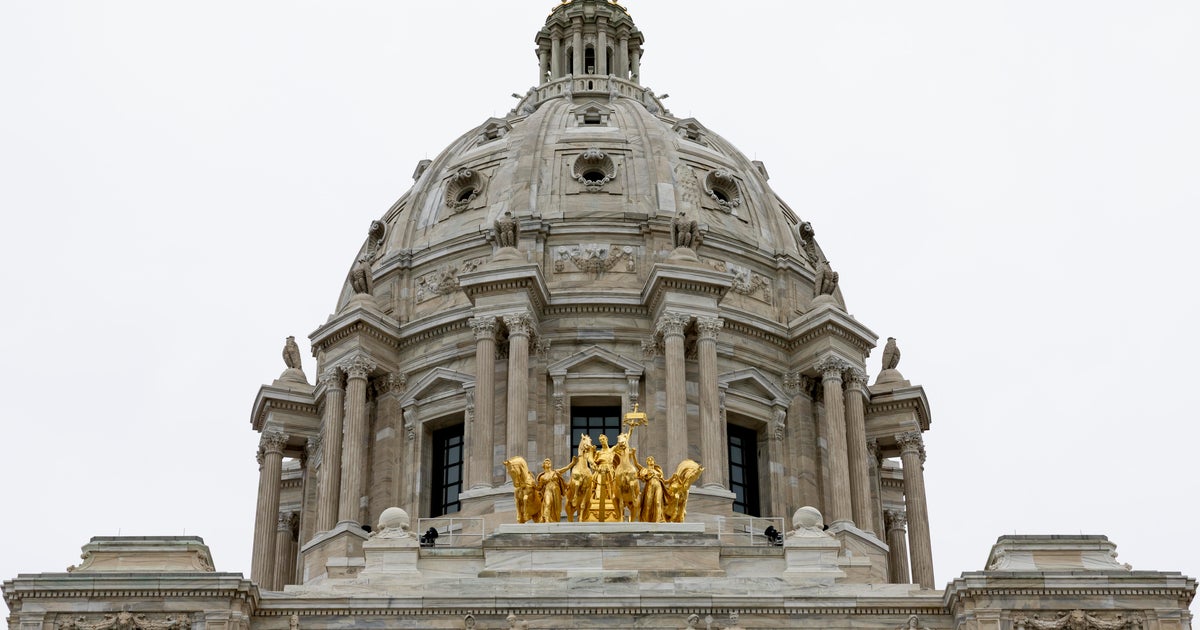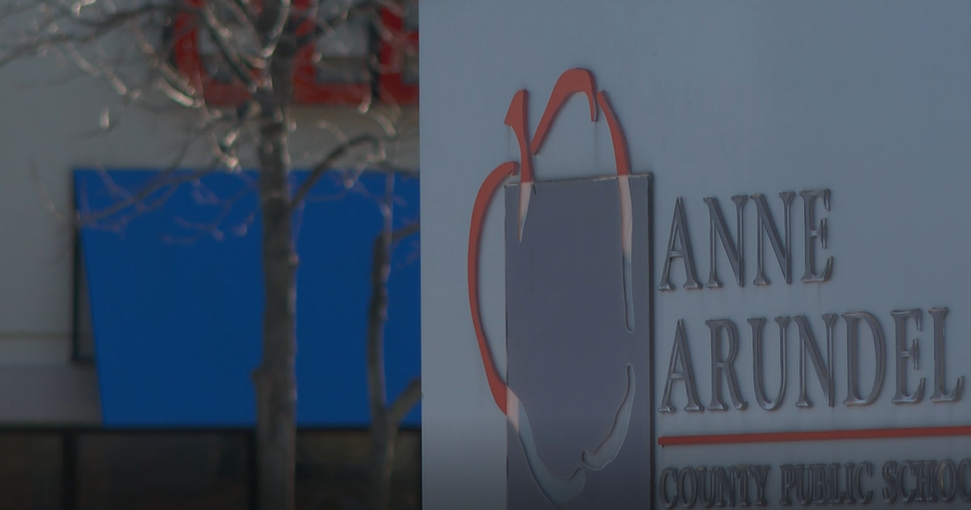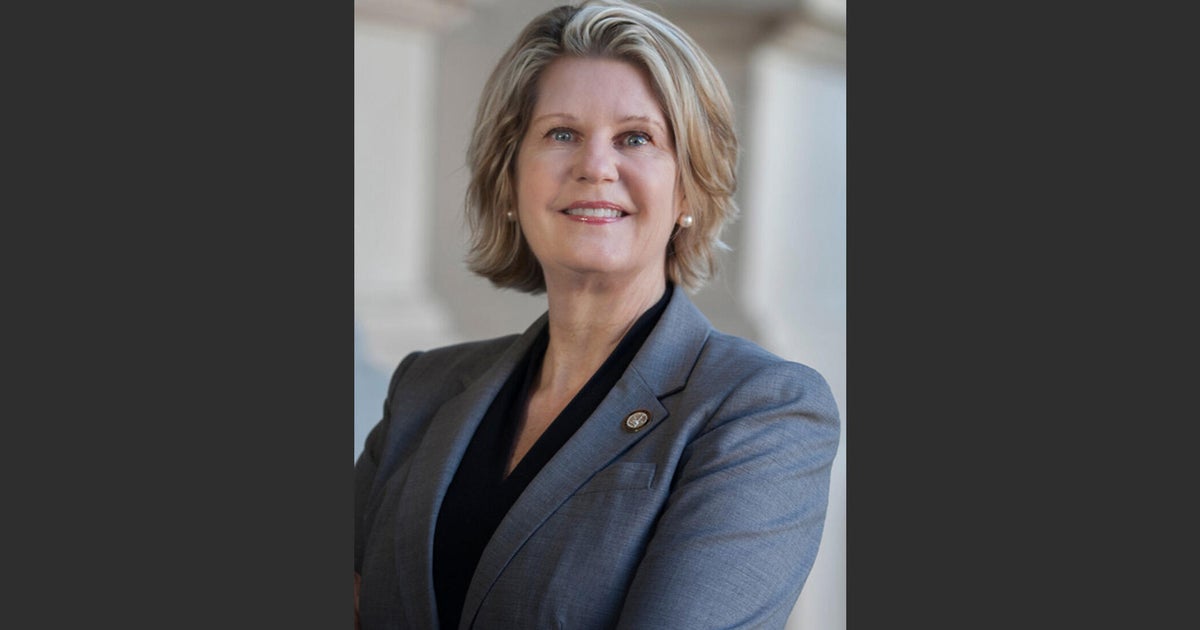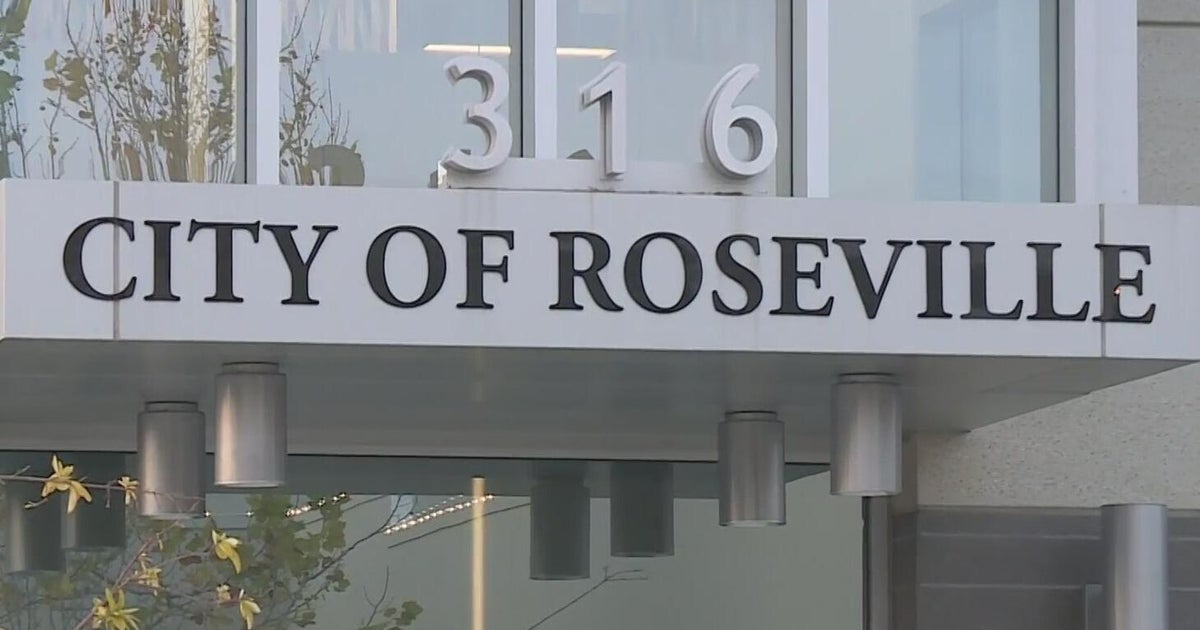State Leaders Tell Agencies To Plan For More Cuts
AUSTIN (AP) - The state's top three elected officials asked Texas agencies Tuesday to plan for additional cuts of 2.5 percent as lawmakers address a budget shortfall expected to exceed $20 billion.
The cuts, requested in a letter from Gov. Rick Perry, Lt. Gov. David Dewhurst and House Speaker Joe Straus, will be on top of about $1.2 billion in spending cuts already made this year.
The Legislature will make the cuts in a "supplemental budget," which is used to handle unexpected savings or expenses, when it convenes in January, the letter said.
"These additional budget cuts reflect the will of the people and our state's leaders to keep state spending within the boundaries of available revenues," Straus said. "Spending restraint and accountability for taxpayer dollars will be critical to our efforts to balance the state budget with no tax increases, as I have committed to do."
State leaders exempted most public education and Medicaid spending from cuts they asked state agencies to make in January, but this week's request does not exempt any programs, said Mike Walz, a spokesman for Dewhurst.
After further exemptions granted by Perry's office, the previous cuts amounted to about $1.2 billion, or 1.4 percent of the $87 billion of state revenue spent in the two-year budget. This second round of cuts will likely generate much less in savings because it only applies to the 2011 fiscal year rather than the two years covered by the 2010-2011 budget.
The agencies that received exemptions, such as for prisons and higher education, may ask for them again as part of their response to Tuesday's request.
The shortfall is the gap between revenue and the amount of money needed to maintain state services at current levels, and its exact amount won't be known until the comptroller releases her estimates in January.
But it will likely be the driving force behind almost every decision the Legislature makes when it convenes in January. From state parks and highways to health care programs for the poor and disabled, state agencies are bracing for the hatchet.
State tax receipts have been down because of the recession, and Texas is also on the hook to fill a hole of about $11 billion left by federal stimulus money and other state savings that helped last year but are no longer available. Added costs from increased enrollment in public schools and health care programs, increases in health care costs and lower property values have added to the hole.
State revenue fell short of projections by $2 billion in the fiscal year that ended in August and probably won't meet projections for this year either.
Still, state leaders attempted to put a positive spin on the situation.
"Texas' economy remains strong, and as we lead the nation in recovery from the economic downturn, we will continue to ensure that Texans' tax dollars are spent prudently," Perry said. "Identifying these savings builds on our ongoing call to keep government spending in check so that we can balance our state budget without raising taxes and continue to attract businesses that create jobs for Texans."
(© Copyright 2010 The Associated Press. All Rights Reserved. This material may not be published, broadcast, rewritten or redistributed.)
